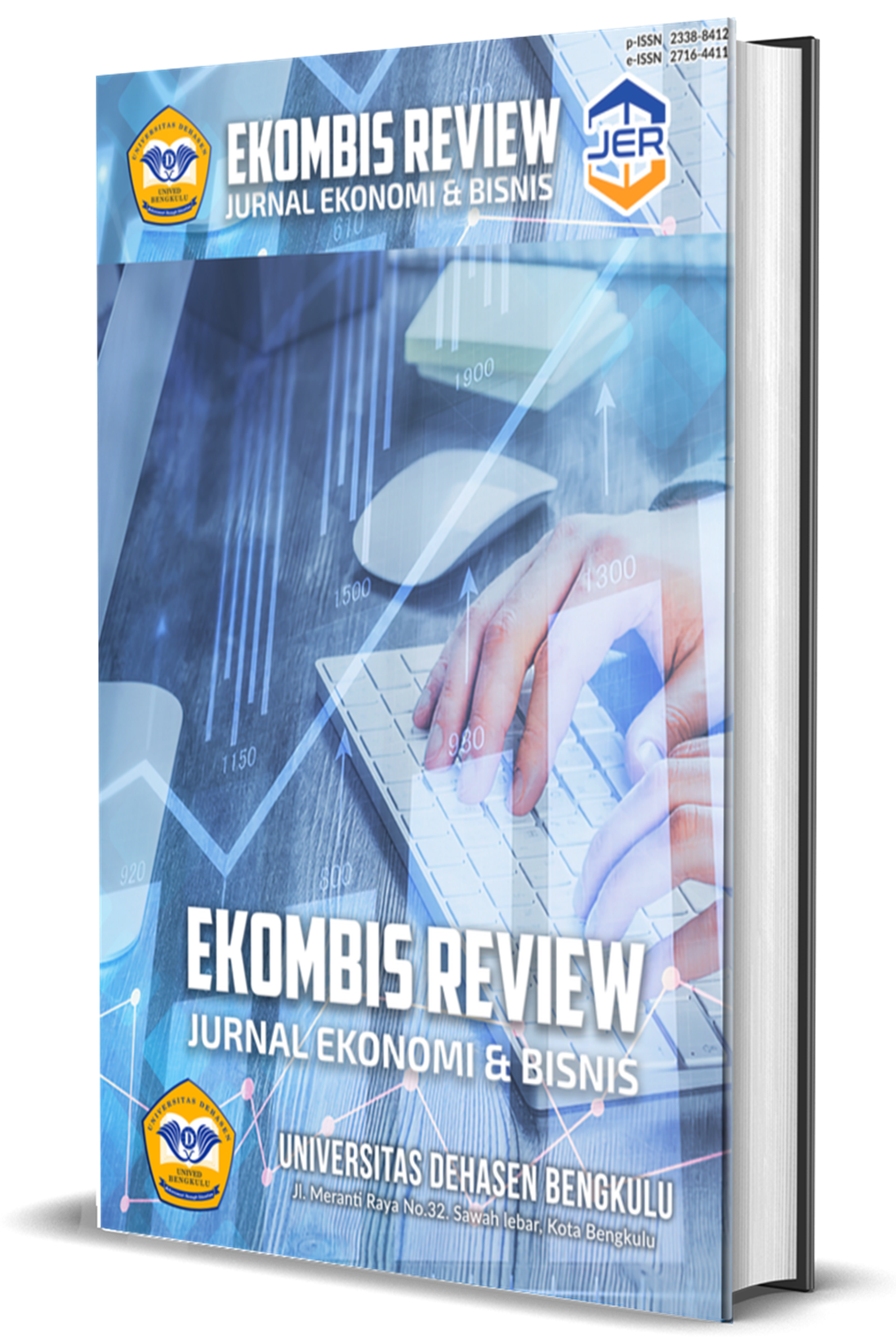Job Design And Transformational Leadership In Enhancing Employee Performance At The Population And Civil Registration Office Of Surabaya City Through Work Motivation
Abstract
This research aims to understand the role of Job Design and Transformational Leadership on the performance of employees at the Population and Civil Registration Office of Surabaya, with work motivation as a mediating factor. The number of respondents was 147 employees directly related to the performance of the office, selected through random sampling for the measurement of Job Design, Transformational Leadership, and Work Motivation, while employee performance was measured based on evaluations from their leaders. The analysis used SEM-PLS. This study proves that Job Design and Transformational Leadership have a direct and indirect effect on performance through work motivation, with an R-square value of 0.48 or 48%. However, work motivation has a low mediating value, with Upsilon values of 0.010495 and 0.010837. To enhance Job Design, it is essential to clarify task identity and objectives; leadership at the Surabaya Civil Registration Office should foster intellectual stimulation to motivate employees; organizations must fully support employee potential development.
Downloads
Copyright (c) 2025 Nurul Hidayah, Tri Kartika Pertiwi, Hesty Prima Rini

This work is licensed under a Creative Commons Attribution-ShareAlike 4.0 International License.
An author who publishes in the EKOMBIS REVIEW: Jurnal Ilmiah Ekonomi dan Bisnis agrees to the following terms:
Author retains the copyright and grants the journal the right of first publication of the work simultaneously licensed under the Creative Commons Attribution-ShareAlike 4.0 License that allows others to share the work with an acknowledgement of the work's authorship and initial publication in this journal
Submission of a manuscript implies that the submitted work has not been published before (except as part of a thesis or report, or abstract); that it is not under consideration for publication elsewhere; that its publication has been approved by all co-authors. If and when the manuscript is accepted for publication, the author(s) still hold the copyright and retain publishing rights without restrictions. For the new invention, authors are suggested to manage its patent before published. The license type is CC-BY-SA 4.0.
EKOMBIS REVIEW: Jurnal Ilmiah Ekonomi dan Bisnis is licensed under a Creative Commons Attribution-ShareAlike 4.0 International License.














